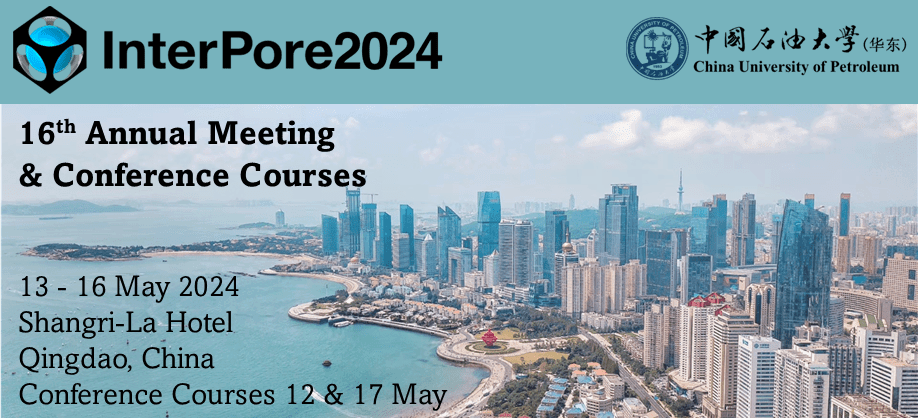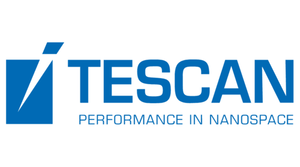Speaker
Description
Storage of carbon in the form of compressed CO2 in the subsurface represents a potentially viable and cost-effective way to reduce emission of heat-trapping CO2 to the atmosphere. The feasibility of a CO2 storage scheme depends on many factors, including CO2-induced corrosion and scale; availability of inexpensive CO2 sources, available pipeline, pipeline integrity, temperature and pressure conditions, caprock integrity, biological activity in the subsurface, injectivity, mineral trapping and interactions with the rock surface amongst others. All these factors are potentially affected by the presence of impurities in the CO2 supply. The chemical composition of the CO2 stream will depend on the fuel sources and capture methods, and CO2 with impurities is much more widely available in sufficient quantities for transport to offshore facilities as capture processes and transport generally lead to some content of impurity. The effects of major impurities (SO2, N2 and O2) on phase behavior as well as corrosion in pipelines are quite well understood and widely reported in literature. Some studies have addressed the geochemical effects of impurities on the matrix in the well, mainly for shales and sandstone reservoirs. However, the geochemical effects of long-term storage of impurity-containing CO2 are not well known, particularly for carbonates, including chalk. The theoretical and experimental predictions of the interaction energies for complexes of CO2 with relevant impurities (aminoethanol, ethylene glycol, methanol, ethanol, water, H2S, NH3, CO, NOx and SO2) suggest that the interactions with CO2 vary and some of the species interact strongly even in small quantities compared to small gaseous impurities like N2, Argon and O2. Injection testing of these impurities in Danish North Sea Chalk cores are conducted in core flood experiments combined with chemical analysis of the effluent fluids and chalk surfaces to investigate the alterations caused by impurities.
| Country | Danmark |
|---|---|
| Conference Proceedings | I am interested in having my paper published in the proceedings. |
| Acceptance of the Terms & Conditions | Click here to agree |




.jpg)
